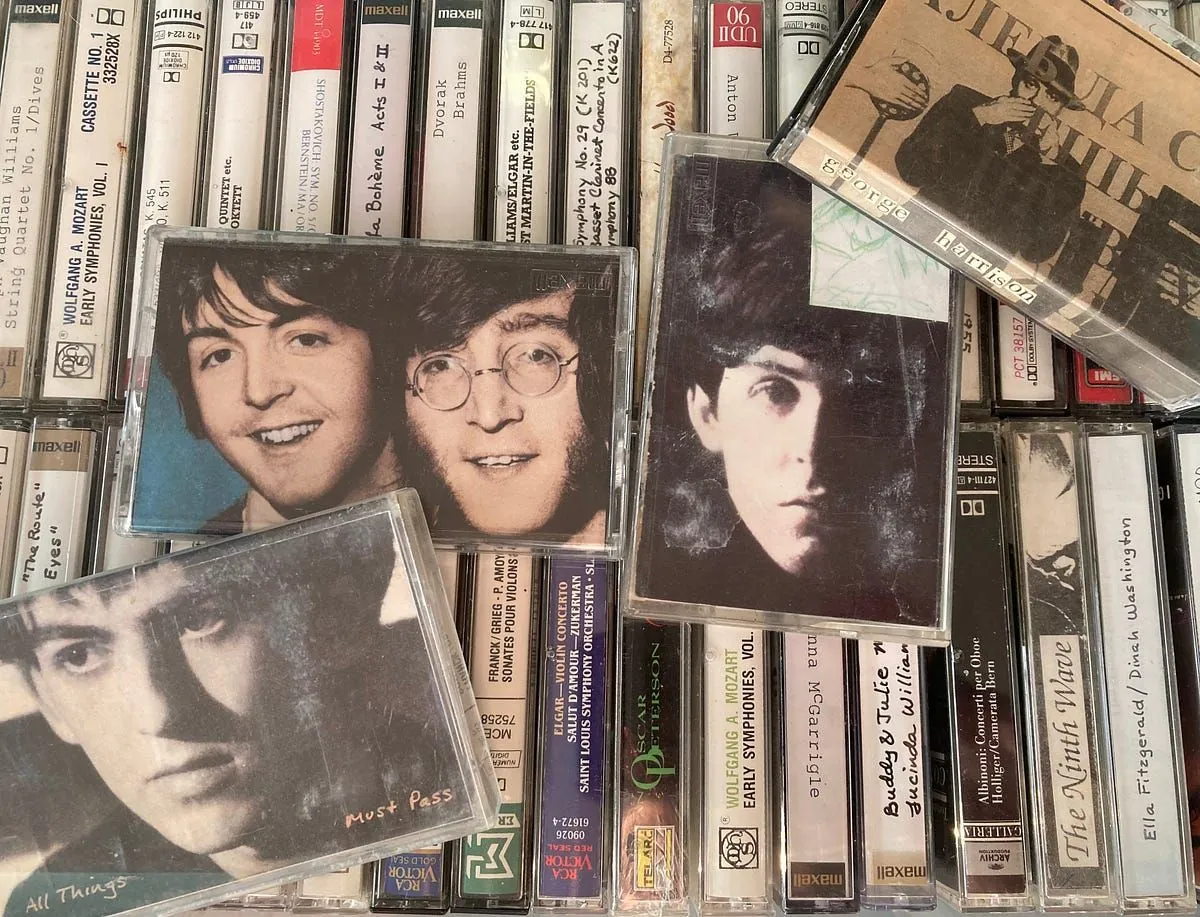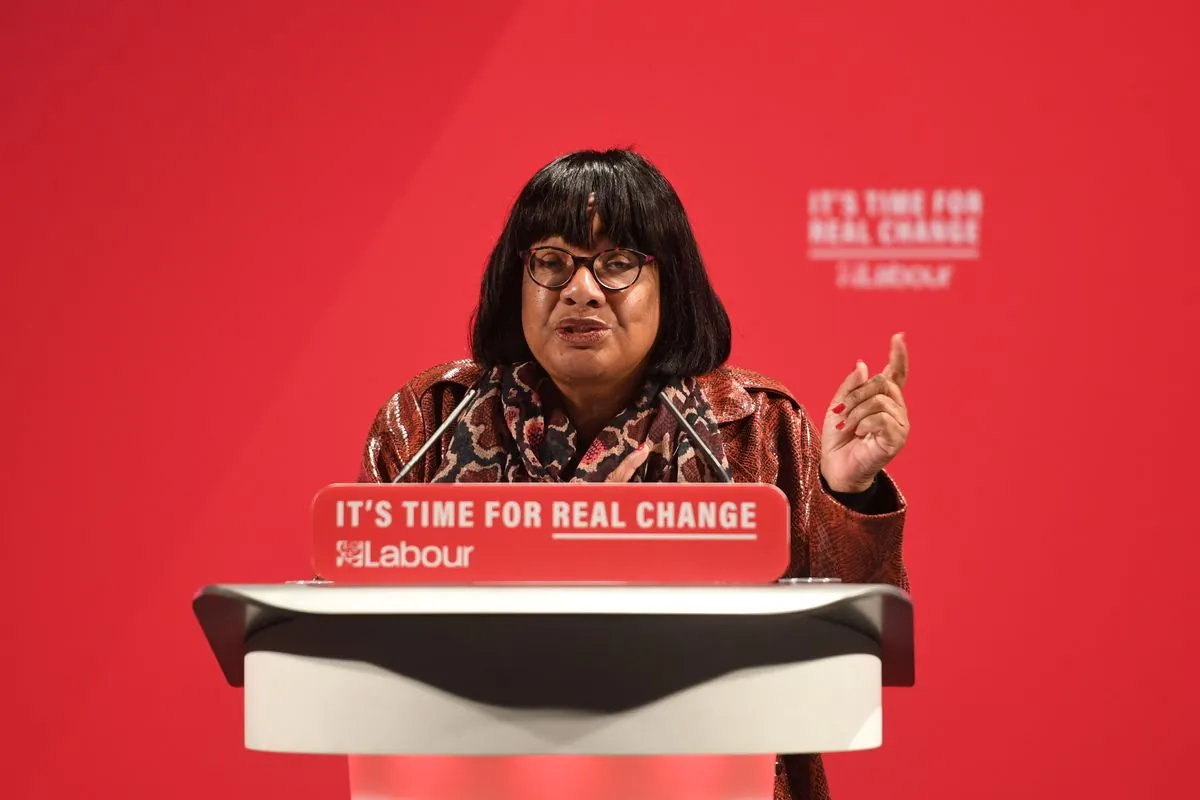Beatles' Unrealized Anti-War Film: McCartney's 1966 Vision Revealed
A new book unveils Sir Paul McCartney's 1966 plan for an anti-Vietnam War film starring the Beatles. The project, inspired by Bertrand Russell, was ultimately shelved due to creative differences.

In the summer of 1966, at the peak of their fame, Sir Paul McCartney explored an intriguing possibility for the Beatles: starring in an anti-Vietnam War film. This revelation comes from Patrick Humphries' new book, "With The Beatles," shedding light on a little-known chapter in the band's history.
The idea originated from a meeting between McCartney and renowned philosopher Bertrand Russell in London. Russell, an outspoken anti-war activist, urged the musician to leverage the Beatles' immense popularity for political purposes. This encounter occurred during a pivotal period in the band's career, following the release of their successful films "A Hard Day's Night" (1964) and "Help!" (1965).
Responding to Russell's suggestion, McCartney reached out to Len Deighton, a prominent thriller writer known for "The Ipcress File." The two met at Deighton's home in Southwark in August 1966 to discuss the potential project over a curry dinner.

Deighton proposed adapting the stage play "Oh! What a Lovely War" for the screen, with the Beatles portraying the Smith family he had created for the screenplay. However, McCartney expressed reservations about the First World War setting, feeling it wouldn't effectively convey the message he intended about the ongoing Vietnam conflict.
"I said that the Beatles could be the Smith family that I'd invented for the Oh! What a Lovely War screenplay but Paul didn't like the idea of it being a First World War story. He felt it wouldn't send a message of the sort he wanted about Vietnam."
This unrealized project marks an interesting intersection of pop culture and political activism during a tumultuous period. The Vietnam War, which lasted from 1955 to 1975, was a contentious issue that inspired numerous artists to use their platforms for protest.
While the anti-war film never materialized, the Beatles continued their cinematic endeavors. They appeared in the experimental TV movie "Magical Mystery Tour" in 1967 and lent their voices to the animated feature "Yellow Submarine" in 1968. Their final on-screen appearance together was in the 1970 documentary "Let It Be," which chronicled the band's impending dissolution.
Interestingly, "Oh! What a Lovely War" did eventually make it to the big screen in 1969, directed by Richard Attenborough with a star-studded cast. However, according to Humphries' book, Deighton was dissatisfied with the final product.
This revelation offers a glimpse into the Beatles' potential foray into more politically charged content, showcasing McCartney's interest in using their influence to address pressing social issues. It also highlights the complex interplay between art, fame, and activism that characterized the 1960s cultural landscape.


































